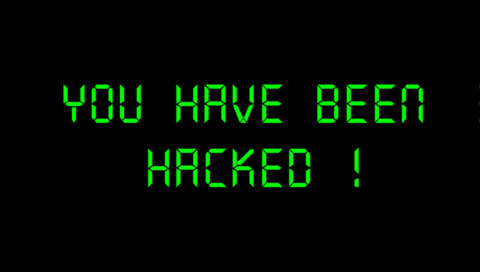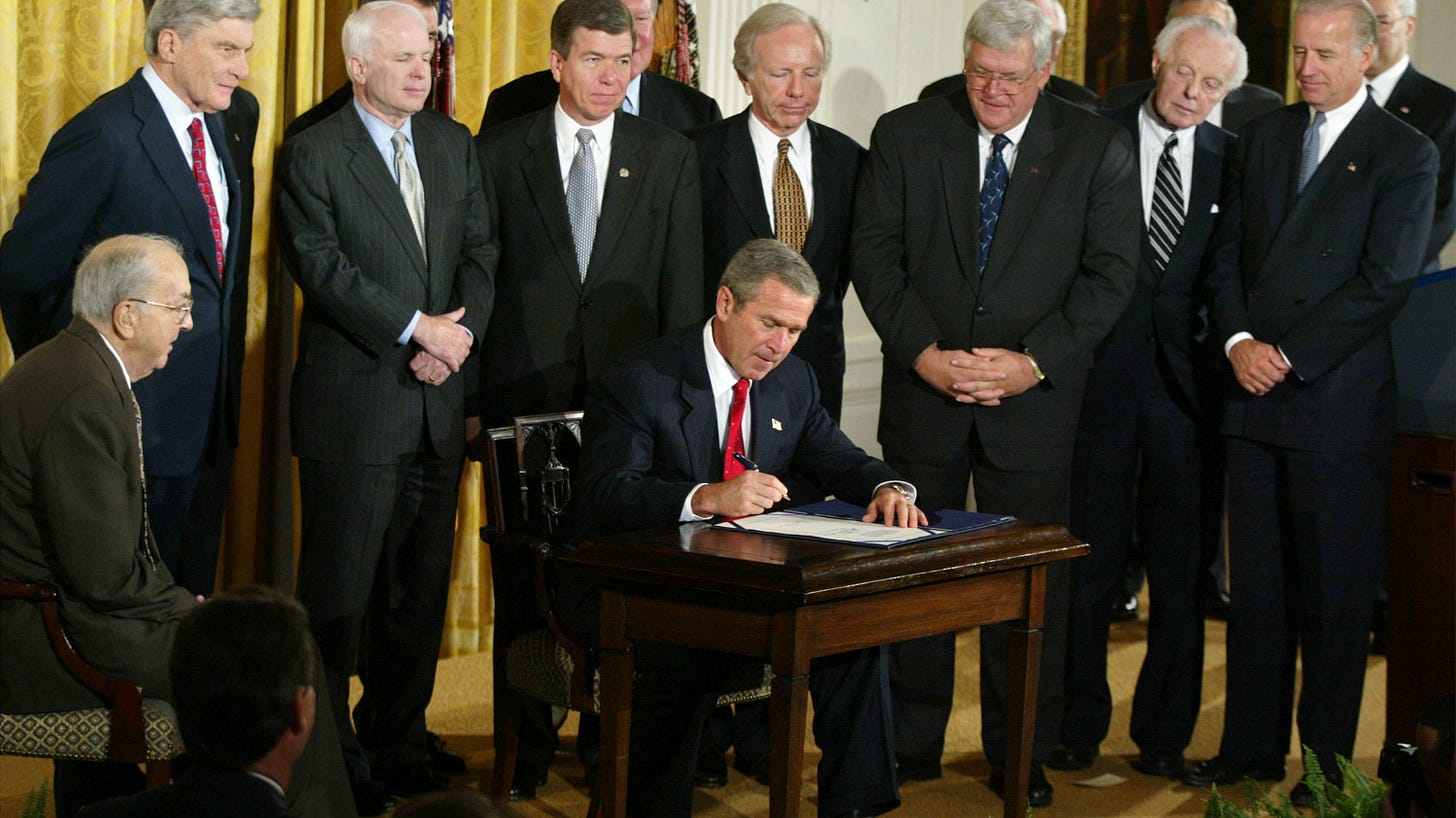Book Update
More reviews are coming in prior to the release of the book, February 1. Pre-orders are available on Amazon and through other retailers, including all independent bookstores.
Essay - Human Rights and Wrongs
Chinese artist and dissident Ai Weiwei, in an interview the other day, surprised the interviewer by saying, "In many ways, you [Americans] are already in the authoritarian state. You just don't know it.”
He believes that technology is being used to establish a system of control over the population that mimics the tech-enabled authoritarianism of his home country, largely without people realizing it.
Is he off base, or do you feel there may be more truth in his words than we would like to admit?
Did the Peace Train leave the station twenty years ago?
In 2006 I wrote a law review article about how the PATRIOT Act was being used to suppress free speech. The article was taught at Georgetown and other universities. I was inspired to write it when I found out that the U.S. government was making a list of people—artists, intellectuals, writers, professors, religious leaders—who were not allowed to enter the country due to things they had said and ideas they had expressed, i.e. their beliefs. I remember being flabbergasted when I learned that Cat Stevens, the folk singer of the sixties and seventies, was on the no-entry list. (Apparently he was on the list because he was an outspoken proponent of Islam, after having converted and changing his name to Yusuf Islam). What kind of country would ban the singer of Peace Train, I wondered?
At the time, the War on Terror (“Terr’r” in George W. Bush’s pronunciation) was raging, in all its holy-war fervor.
“You’re either with us or against us,” crowed the president, as he divided the entire world into black and white.
So when I wrote the article about people who had been barred from the country due to their personal beliefs—in violation of the First Amendment—vehement supporters of the War on Terror had no interest in subtleties like human rights, civil liberties, or Constitutional freedoms. They could not imagine that the PATRIOT Act would ever be used against regular, law-abiding American citizens.
Today, many of those same people regret surrendering their rights and liberties to the national-security state. Meanwhile, many of those who opposed abuses of human rights have since changed their tune, and now gleefully wield oppressive powers against their political opponents, and are only too eager to cast aside concerns about human rights, as they use ever more powerful technologies and digital tools in pursuit of new kinds of “wars.”
The ACLU—the American Civil Liberties Union—now praises bureaucratic mandates and other heavy-handed measures, and scoffs at conceptions of human liberty it used to defend unequivocally. Social media companies shape and mold public opinion with their algorithms, and censor at will, in cooperation with the state. Billionaires like Bill Gates praise China’s “authoritarian” approach to public emergencies, and sarcastically lament that “in America we believe in freedom.” We are told that “free dumb” doesn’t count anymore. “Screw your freedom.” “You have no rights.”
Surely a time will come when some of the people saying these things will regret surrendering their rights and freedoms, too, if or when the pendulum swings back in their direction?
Force “works,” people think, but only when my side does it. “If this were a dictatorship, it’d be a heckuva lot easier,” Bush once said, “just so long as I’m the Dictator.”
The timeless human rights enshrined in the Bill of Rights to the U.S. Constitution, the Universal Declaration of Human Rights, the Nuremberg Code, the Declaration of Helsinki, and other landmark legal documents, as well as the world’s great religious, philosophical and ethical traditions, are being forgotten trampled, ridiculed, and derided as quaint obstacles to the “greater good” —defined by whatever “good cause” happens to be most urgent at the time.
Are We Means or Ends? Are We Now “Hackable Animals”?
If you’ve ever seen news stories about criminal wildlife trafficking organizations, you will recall the horrible sight of animal parts—skins, horns, paws, ivory tusks—stacked up like so many “products.” Magnificent living animals all over the world are killed in order to reduce them to their parts, which can be sold off as commercial goods, so that powerful interests can make money.
Instead of being treated as living beings with independent value, these animals are treated as mere objects or instrumentalities in service of a larger goal: financial profit. The global economy puts a greater value on dead animal parts that can be assigned a monetary value than on living creatures.
The appropriate response to the abuse of animals is to treat wildlife as “worthy of awe and respect,” as one reviewer said about the portrayal of wildlife in my book. The humanitarian, Albert Schweitzer, who won the Nobel Prize in 1952 for a book of philosophy called “Reverence for Life,” told the story of how he came to his ideas, which bears an eery similarity to my own experiences in Africa:
“At sunset of the third day, near the village of Igendja, we moved along an island set in the middle of the wide river. On a sandback to our left, four hippopotamuses and their young plodded along in our same direction. Just then, in my great tiredness and discouragement, the phrase “Reverence for Life” struck me like a flash. As far as I knew, it was a phrase I had never heard nor ever read. I realized at once that it carried within itself the solution to the problem that had been torturing me . . . Only by means of reverence for life can we establish a spiritual and humane relationship with both people and all living creatures within our reach. Only in this fashion can we avoid harming others . . .”
Rights are an expression of the individual as an end—a sacred living being worthy of respect in his or her own right—not a mere flesh-and-blood means to achieve goals devised by political and economic rulers, whether it be a war, economic growth, or some other scheme.
The word “wild” comes from the term “self willed.” A wild animal lives according to its own will, as does a free person.
Thomas Jefferson said our rights are inalienable and “endowed by our Creator.” (You can substitute the word Nature or any other word you wish.)
With modern civilization’s great technological power over the natural world and humanity alike, you have to wonder if the hopeful vision of Jefferson and Schweitzer is now out of date?
Compare their humane words to those of the historian Yuval Harari, who captured the spirit of our technological age—which increasingly seeks totalizing political and economic control—in a recent speech at the World Economic Forum:
“You know, the whole idea that humans have this soul or spirit, and they have free will and ‘Nobody knows what’s happening inside me, so whatever I choose – whether it’s the election or whether in the supermarket – this is my free will,’ that’s over. We need to come to terms with the fact. This is where philosophy meets computer science and biology. No matter what you think ultimately as the truth of the universe, you have to realize that practically today, we have the tech to hack human beings on a massive scale.”
Which vision has more power and appeal, Harari’s or those of the great champions of human rights?
Harari is wrong, hopefully. We are not mere bodies to be poked and prodded, or consumers to be advertised to and propagandized, or vectors of disease to be socially distanced and forcibly drugged, or potential data points to be surveilled and tracked. Powerful political and economic forces would like us to be nothing more than “hackable animals” (Harari’s words) who can be used as tools of a powerful elite, but we are more than that. Let’s hope.
If our rights are inalienable, they cannot be taken away, only violated. They are more than privileges to be doled out by governments and their corporate cronies to those who comply with their dictates.
Rights are not vestiges of the past, they are the natural conditions of life.
Respect for life—for people, animals, the planet itself—is the only sane way to live.
But a tech-enabled system of authoritarian control wielded by a merger of government and corporate power is a realistic threat, no doubt. It largely exists in China already, and may be establishing itself here and elsewhere around the world, as Ai Weiwei and others warn.
On the other hand, people all over the world are standing up for their rights in various mass movements that put people and the planet over power. We don’t yet know how it will all play out.
So I’m thinking of another old Cat Stevens song, in which he sings about the march of a technologically advanced society that can build jumbo planes and highways and skyscrapers (today he might add social media and smart phones and biotech) but leaves little room for humans to be human—no place for children to play—as the society seeks to constrict and control each individual life. The questions he asks in the haunting final lines of the song have not yet been answered, all these year later, but we may one day find out what they are.
Well you cracked the sky,
Scrapers fill the air,
But will you keep on building higher,
When there’s no more room up there?
Will you make us laugh,
Will you make us cry,
Will you tell us when to live,
Will you tell us when to die?








